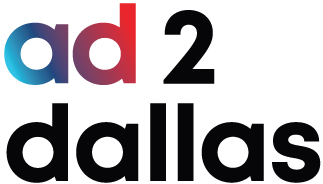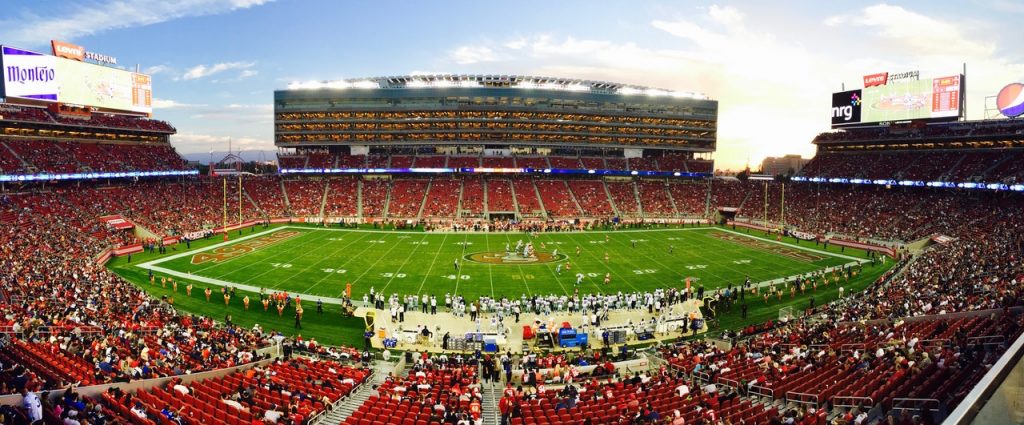We are still days from kickoff and already Super Bowl VL is shaping up to be an interesting Super Bowl indeed. For fans of the sport, Covid will undoubtedly affect Super Bowl parties as friends and family debate sharing chips and dip together this year. For us professionals in advertising, it’s the biggest night of the year and a culmination of all the hard work and late nights. Whether you’re a Chiefs fan or riding the Brady train, we all root for the same thing come Super Bowl Sunday—the commercials.
Already companies like M&M’s and Indeed are creating buzz ahead of their Super Bowl slot this year. Even E*Trade, famous for the 2013 E*Trade Baby commercial, is back in the Super Bowl lineup after a 3-year hiatus. However, the loudest headlines surround those brands that have announced that they are sitting this one out.
After a 37-year run, Budweiser will not be making an appearance in Super Bowl VL. Even as Super Bowl matchups and halftime performances changed over the years, there always seemed to be one constant: Budweiser’s Clydstales that have so long embodied the spirit and prestige of the King of Beers that libate gameday. To see the end of over three and a half decades of tradition, and happy puppy videos is devastating for ad junkies. Budweiser isn’t the only heritage brand to bow out either. Pepsi and Coca-Cola are also out. The turnover is at least enough to ask the question: is a Super Bowl still the most coveted slot in advertising?
Last year a 30-second TV commercial during Super Bowl LIV on Fox ran $5.6 million. The same 30-second spot would have only set you back between around $42,500 back in 1967. The exponential increase is a testament to how far the value of the most televised event of the year has come, but also a sobering reminder of the risk it can be if a spot misses its mark. While the sticker shock alone is a good reason to opt-out, it certainly isn’t the only one. Companies like Coca-Cola can easily front the bill, but there is something else at play.
In 2013 Oreo won the Super Bowl with a single tweet. Minutes after a massive power outage left the Mercedes-Benz Superdome attendees and TV viewers in darkness, Oreo tweeted ‘You Can Still Dunk In The Dark’ seizing the moment and ad fame. For many in the industry, it’s become a case study in advertising and considered the best real-time marketing effort in recent memory. Comments, retweets and mentions aside, the best part of the ad was that it was free. It showed that an ambitious social team and a few opportunistic ‘yes’s’ can steal the show in seconds from commercials that took months and millions to make.
It could also be argued that the Super Bowl tonality has shifted in recent years. Instead of trying to entertain or shock and awe, think of Doritos “Finger Lick” or the Puppymonkeybaby, it’s now about trying to be the most profound. Many of the memorable ads in the past few years have been the ones that seem to speak to something greater than their products or prove they are #woke. This shift has given some brands pause. In the words of Little Caesar’s CMO Jeff Kleinmoment, another Super Bowl holdout this year, “I think you’ve got to have something really important to say.” It’s been a long time since the Super Bowl was just a football game, but now it is a platform for brands to prove their purpose.
However, it should come as no surprise that the most common reason that brands are riding the bench for Super Bowl VL is in relation to the Covid-19 pandemic. For many, it was the marketing budget that had to be sacrificed in order to keep some semblance of normalcy over the past year. For other brands, it was something more altruistic. Budweiser has pledged the funds it would’ve spent on ads to the Ad Council in order to spread awareness of the coronavirus vaccine. Instead of using the Super Bowl as a platform to say something, the brand is doing something. We can’t blame the brand for doing it’s part, but we will sure miss those horses.
Budweiser’s exit from Super Bowl VL is a curious one. Is it the Anheuser-Busch’s intention to let this year pass and come back next year as a returning hero, or is it the end of a historic run and an allusion to greater industry shakeup? The Covid pandemic has certainly changed nearly every version of normalcy, it would be hubris to assume the Super Bowl is immune. However, as of 2021, the Super Bowl and its ads will endure. After all, what’s a Super Bowl without the commercials?
Article by Grant Weber






